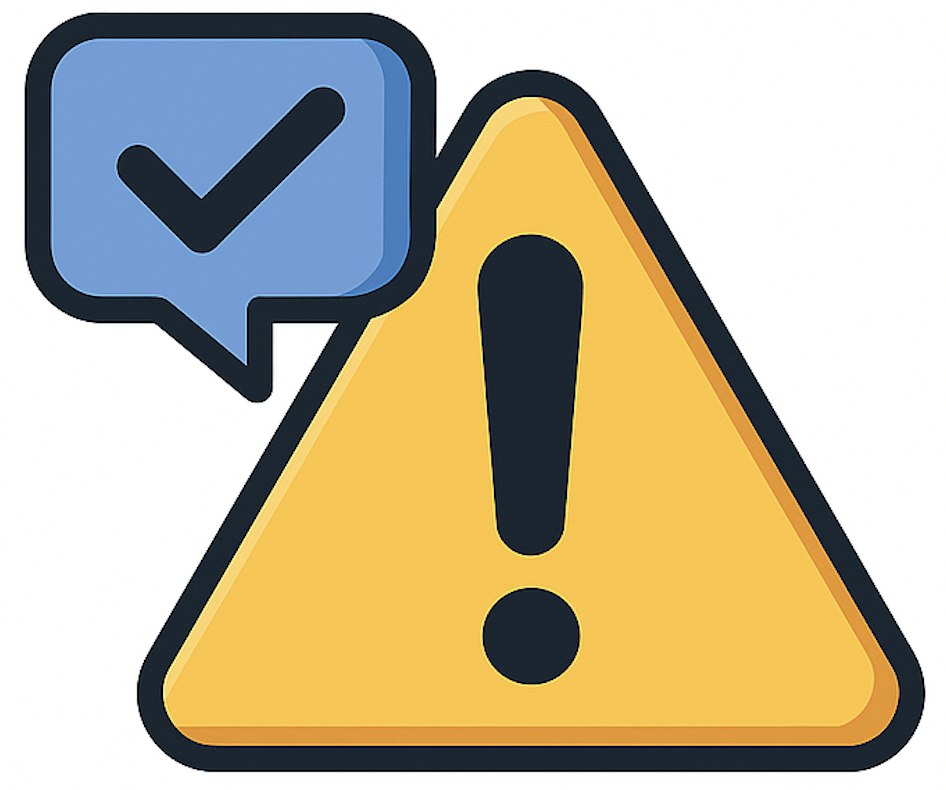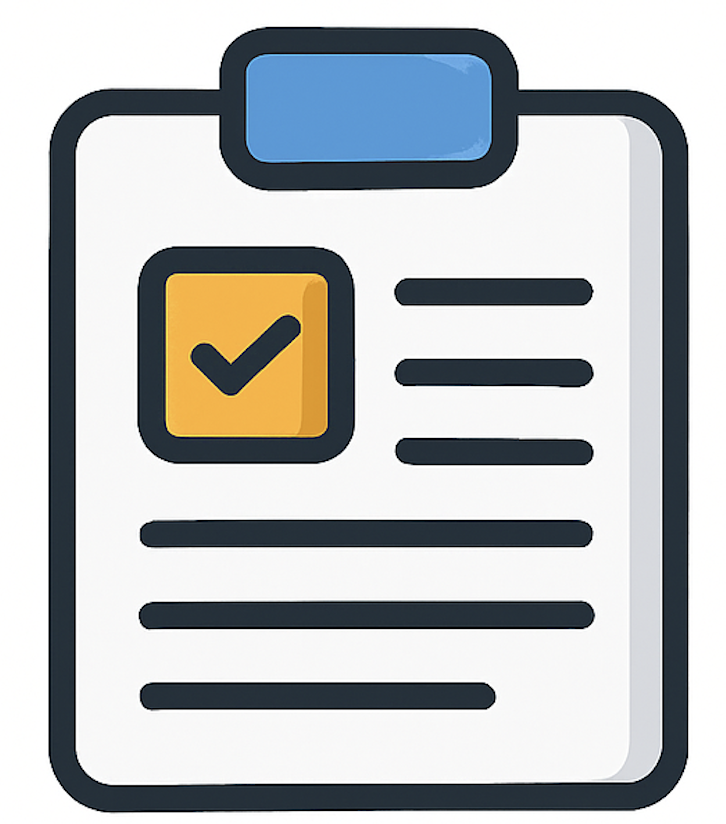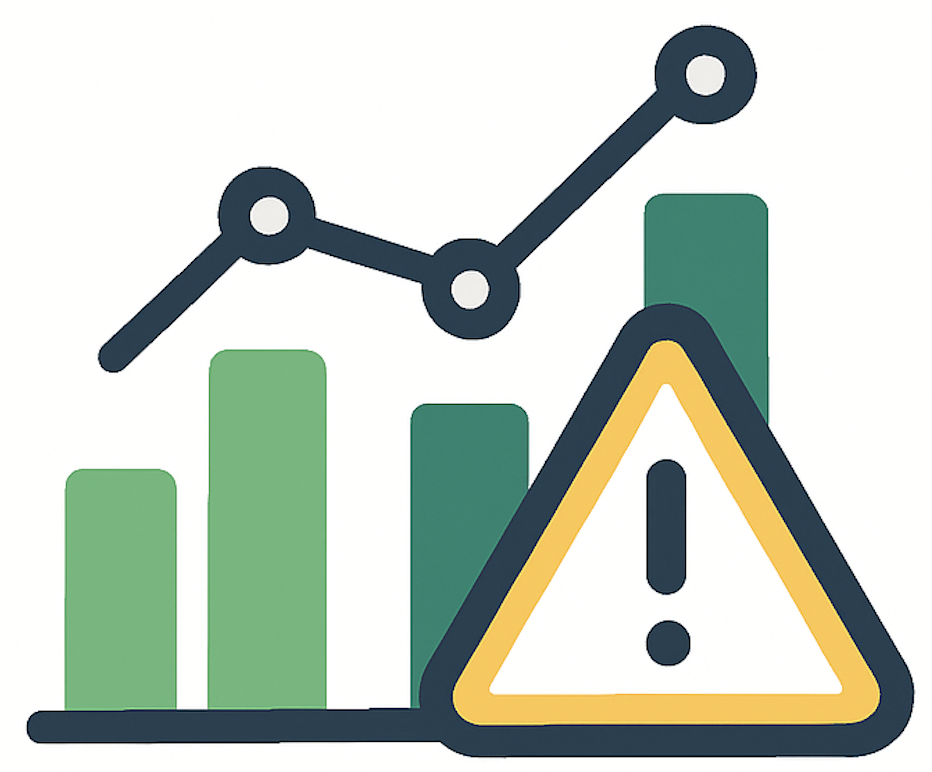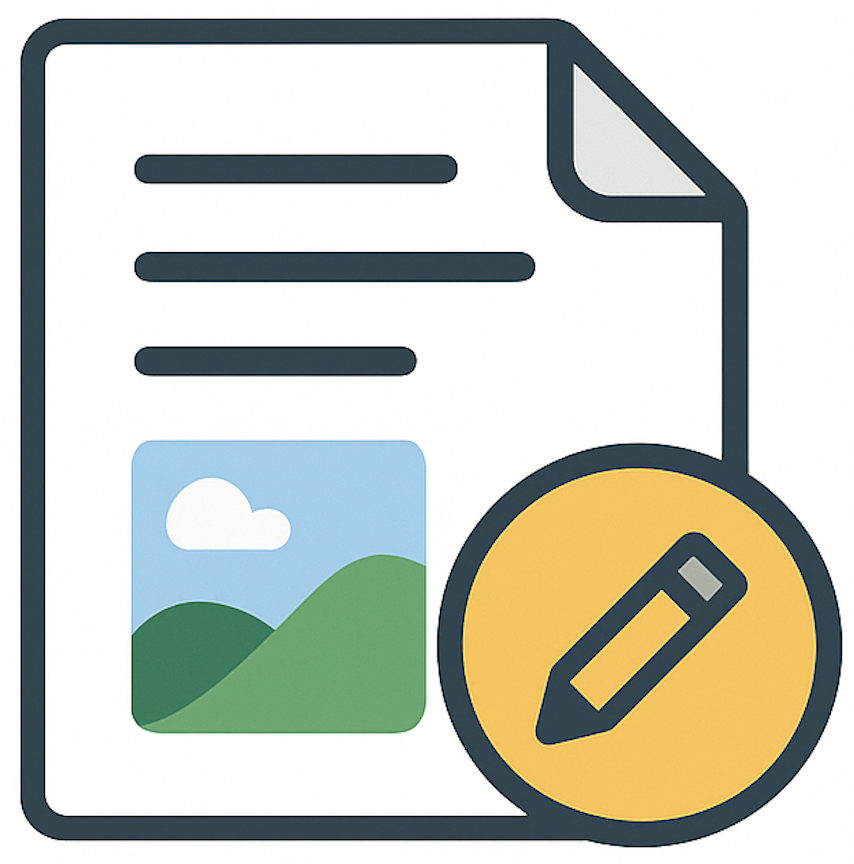Most EHR systems treat allergy tracking as an afterthought. But in 2025, having a smart allergy module in your EHR is essential for improving patient safety, clinical decisions, and efficiency.
Allergy tracking isn’t just a checkbox in an EHR—it’s a vital part of patient safety and clinical decision-making. Yet many systems still treat it as a static field with minimal functionality.
As allergies grow more complex and patient data becomes richer, EHRs in 2025 must evolve to handle allergy information with intelligence, flexibility, and real-time support.
Here’s what a smart allergy module should look like—and how LegendEHR is building it into the platform.





